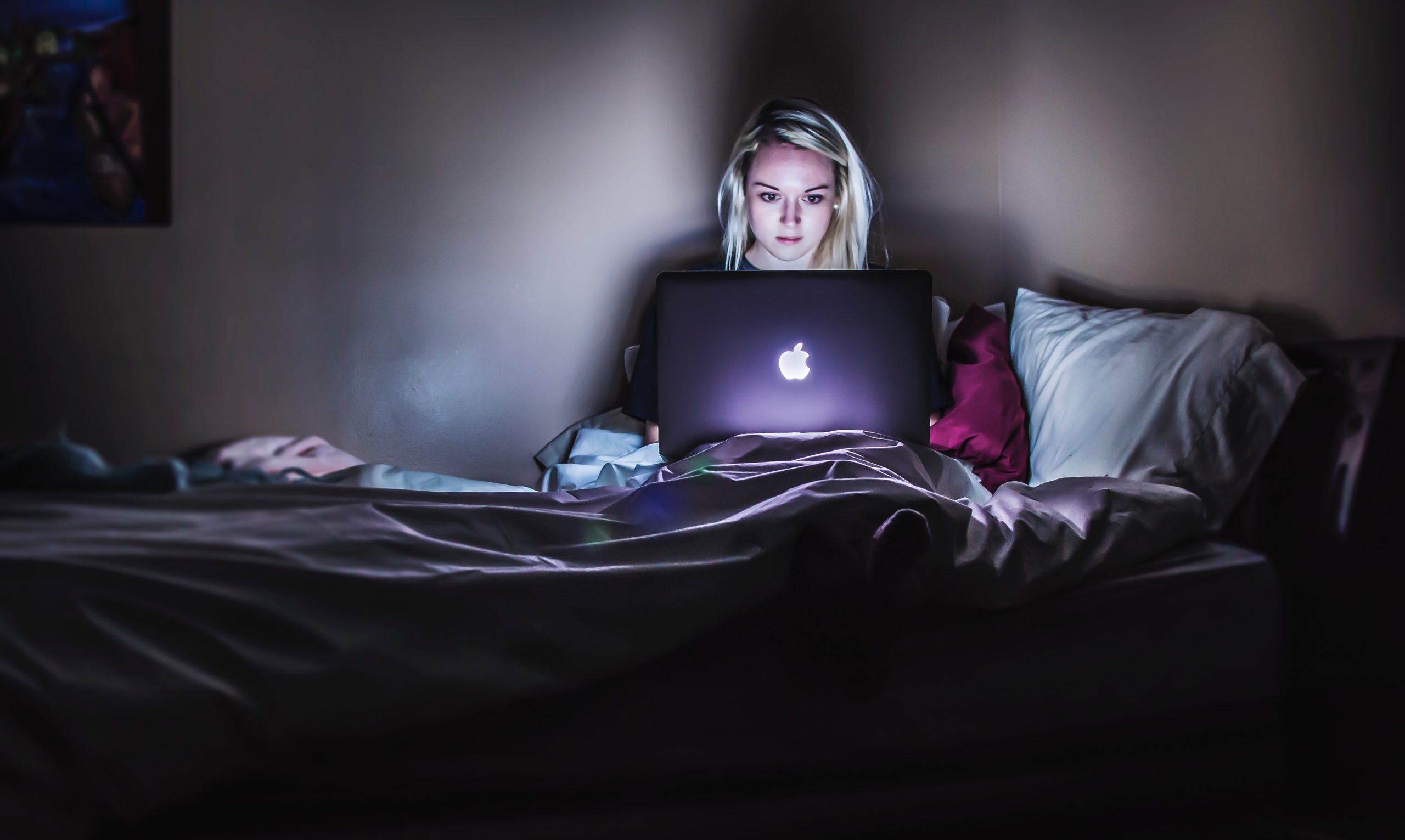Zoom University is a disorienting experience in itself. For those in different time zones, though, it is an entirely different game. Whether you are facing a 5-hour difference or a 14-hour difference, you can probably relate to the dependence on coffee caused by 1 a.m. classes. Adapting to virtual learning whilst simultaneously converting PST to your local time zone is a challenging task (can’t imagine life without calendars’ multiple time zones feature!). What’s even worse, though, is having to choose between taking a really interesting class or sleeping before 3 a.m. The trade-offs are countless. Participate in speed-friending events or be well-rested the next day? Join an amazing club or be able to meet friends for breakfast the next morning? These choices can shape our fall quarter experience, especially for freshmen who are already facing the excitement and fear that comes with the transition to university.
Could the solution to this dilemma be nocturnality?
As an international student in an opposite time zone, nocturnality is the only way you can be involved in everything Stanford has to offer whilst also getting a full eight hours of sleep. There are unfortunately many downsides to this. For starters, it can’t be healthy to drink as much coffee as I have been drinking to maintain a nocturnal schedule. As everyone in California arrives to class with their morning cup of coffee, I’m on my fifth cup of coffee. You also miss out on most of the daytime! I often see people sitting outdoors for class and instinctively rush to the patio to do the same only to realize that it is pitch black. The alternative, though, is missing out on events and clubs and classes and Cardinal Nights (more aptly, Cardinal Mornings for me). Like most freshmen, the fear of missing out is very real. On my adjusted schedule, though, you can attend a majority of events and take synchronous classes that you actually want to take regardless of the timing! The quietness of night is also a great time to truly focus on the work you need to get done.
From my three weeks of Nocturnal University, here are some tips that could help:
Staying awake
- Have some coffee before late-night classes but make sure you take it early enough for the caffeine to wear off by the time you want to sleep.
- Try to use bright lighting to keep yourself awake (the plus side is having good lighting for Zoom calls).
- Find a designated work space. As tempting as it is, try not to work from your bed. The last time I did that, I fell asleep and almost missed a meeting.
Establishing a new routine
Staying awake through the night is the first step. After that, you need to be able to fall asleep as the sun is rising and the rest of the world seems to be waking up.
- Relax and unwind before going to bed.
- A common suggestion is to minimize screen time before bed. A more realistic suggestion is to use blue light glasses or a night light effect on your screen (e.g. computer programs like f.lux). The yellow-ness might seem weird at first but it works great for avoiding headaches and being able to fall asleep after using your laptop.
Maintaining normalcy
The silence and isolation of being awake at night with nobody but a very sleepy dog for company can be challenging. I often found myself just wanting to go out and sit in a coffee shop or take a break and meet up with friends, but I couldn’t do this as everyone else was asleep. It is important to make sure that you don’t feel too isolated.
- Go out during the day once you wake up. Don’t miss out on the daytime!
- Take a break from Zoom and the endless readings/psets by exercising outdoors during the day.
- Socialize in accordance with COVID-19 guidelines; if it is safe, meet friends for a socially-distanced coffee.
- Try to find people with similar schedules and socialize with them at night. Having friends to actively text at odd hours lessens the isolation.
Writing this piece at 6 a.m, just before I am about to go to bed, is a reminder that adapting to a different schedule can be hard but eventually it becomes the “new normal.” Welcome to Nocturnal University!
Contact Rhea Kale at rheakale ‘at’ stanford.edu.
